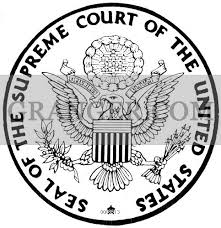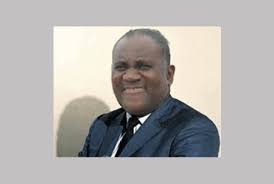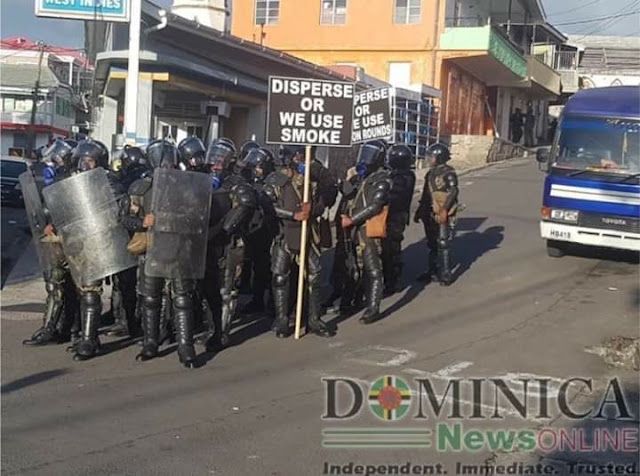Did you ever see the motion picture
Minority Report, starring Tom Cruise ? "In a future where a special police unit is able to arrest murderers before they commit their crimes, an officer from that unit is himself accused of a future murder." The law enforcement unit in the movie, known as Pre-Crime, intervenes to prevent homicides, which were predicted by individuals with unique skills.
That's pure science fiction, but with the advances in facial recognition software (FRS) systems, the abuse of international banks, by career money launderers moving, cleaning and investing narcotics profits, or terrorist funding, can be stopped, provided that the FRS system has its own proprietary images database of known and potential offenders, and their associates.
Allow me to explain; I take my current list of the fifty-five known, confirmed money launderers plying their dark trade in the Republic of Panama, and upload it into my FRS system, which ferrets out images of the laundrymen, and adds it to the system's already huge library of images. These individuals, many of whom are Venezuelan lawyers, are experienced in transnational money laundering. They can operate with impunity, due to the corrupt nature of Panama's criminal justice system, but they also operate abroad, where they are exposed.
Two weeks later, one of the known money launderers enters an international bank in the City of London. His image is recorded on the bank's internal security cameras, and instantly matched with one on file. The laundryman has no account at the bank, and he obviously is there for an illegal purpose. His presence is swiftly made known by compliance to the front-line teller staff, and his transaction interdicted on a real-time basis.

How long do you think it will take for the word to get around that this specific bank is no longer a soft target for money launderers, especially when the laundryman is detained, arrested, and subsequently convicted ? Remember, criminal cartels will only work through trusted professionals they know, their close associates, and others whom they will trust with their dirty money. If a bank, using facial recognition software, paired with an image library containing visa photos, arrest mugshots, social media photographs, and other resources, can suppress money laundering in-house, before the suspect can even consummate an illicit financial transaction, it will take a bite out of crime.



















































